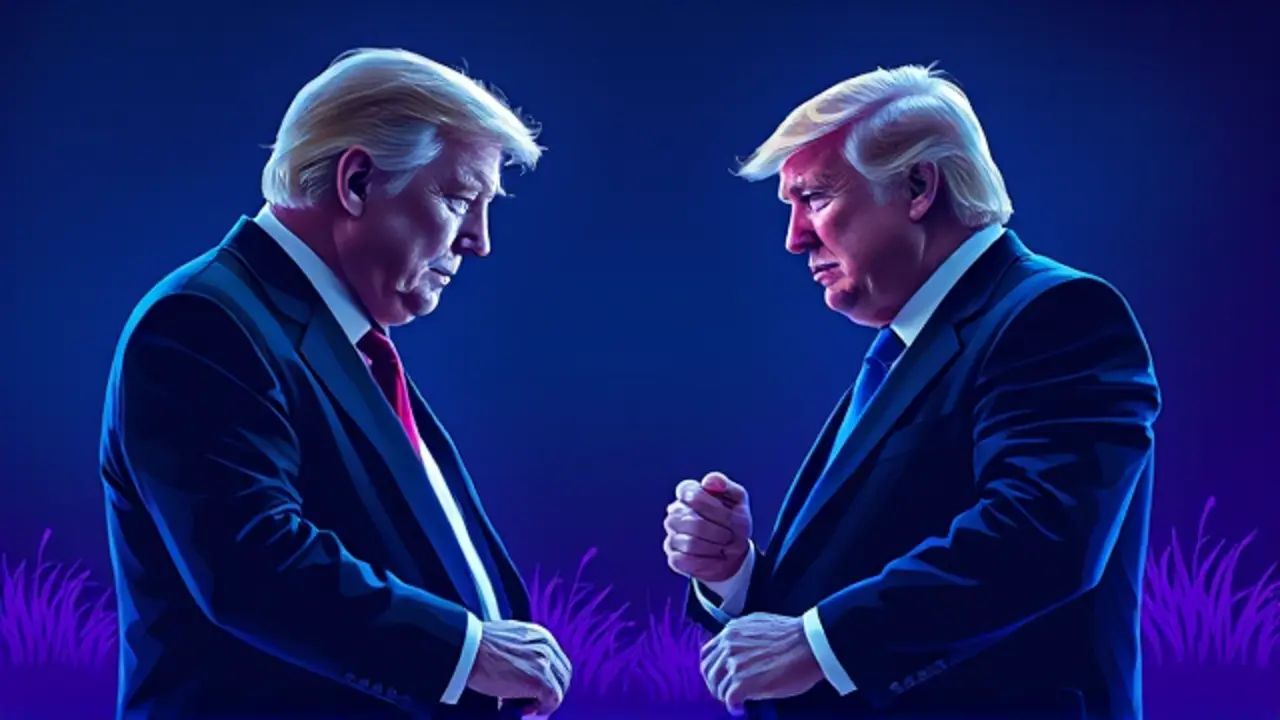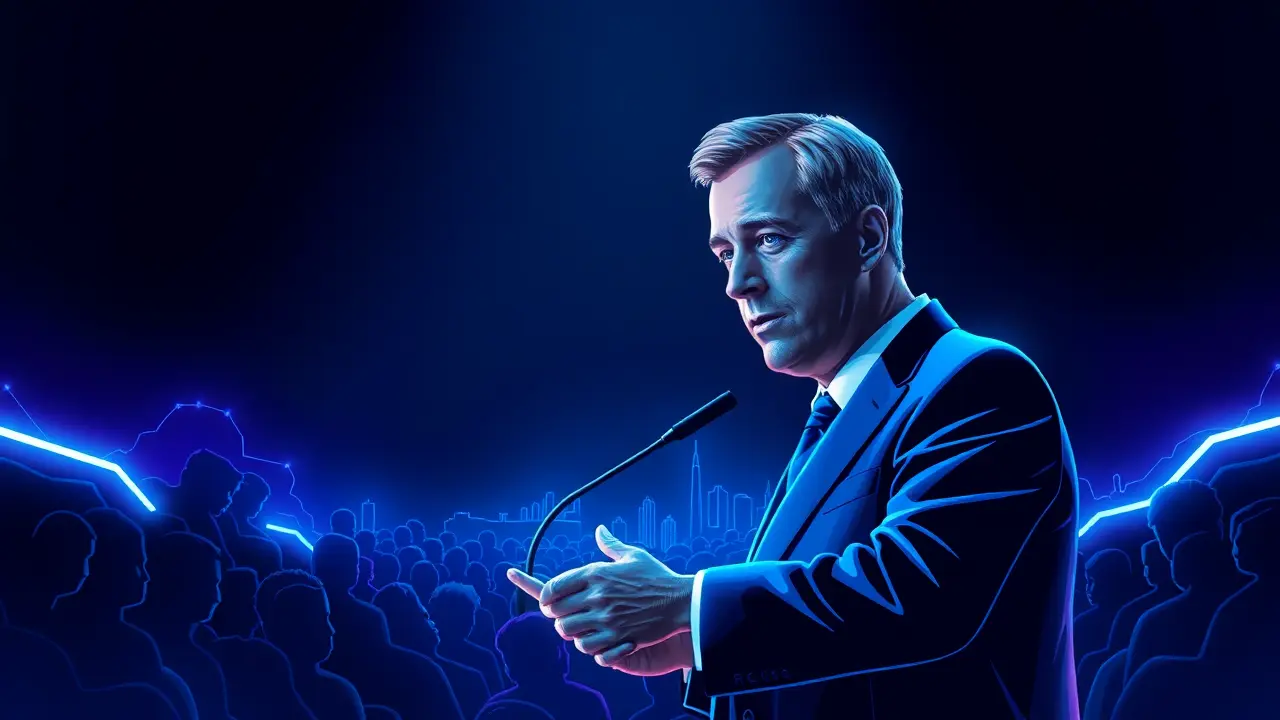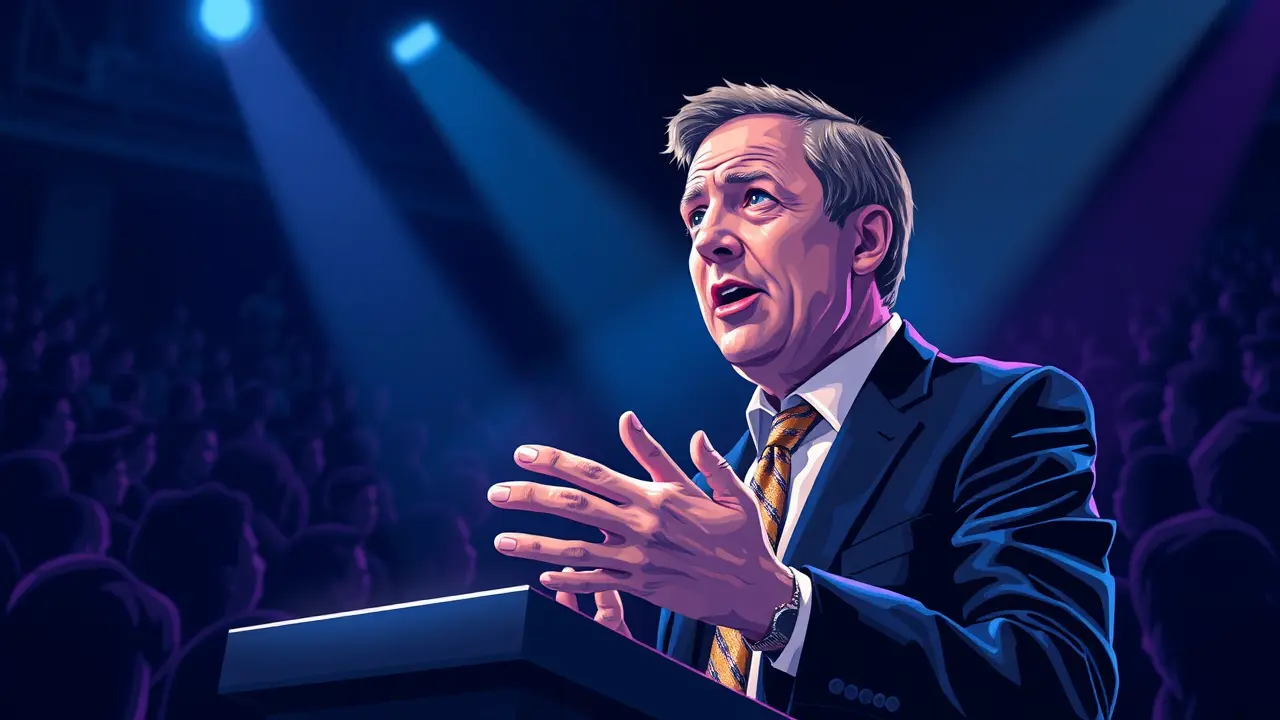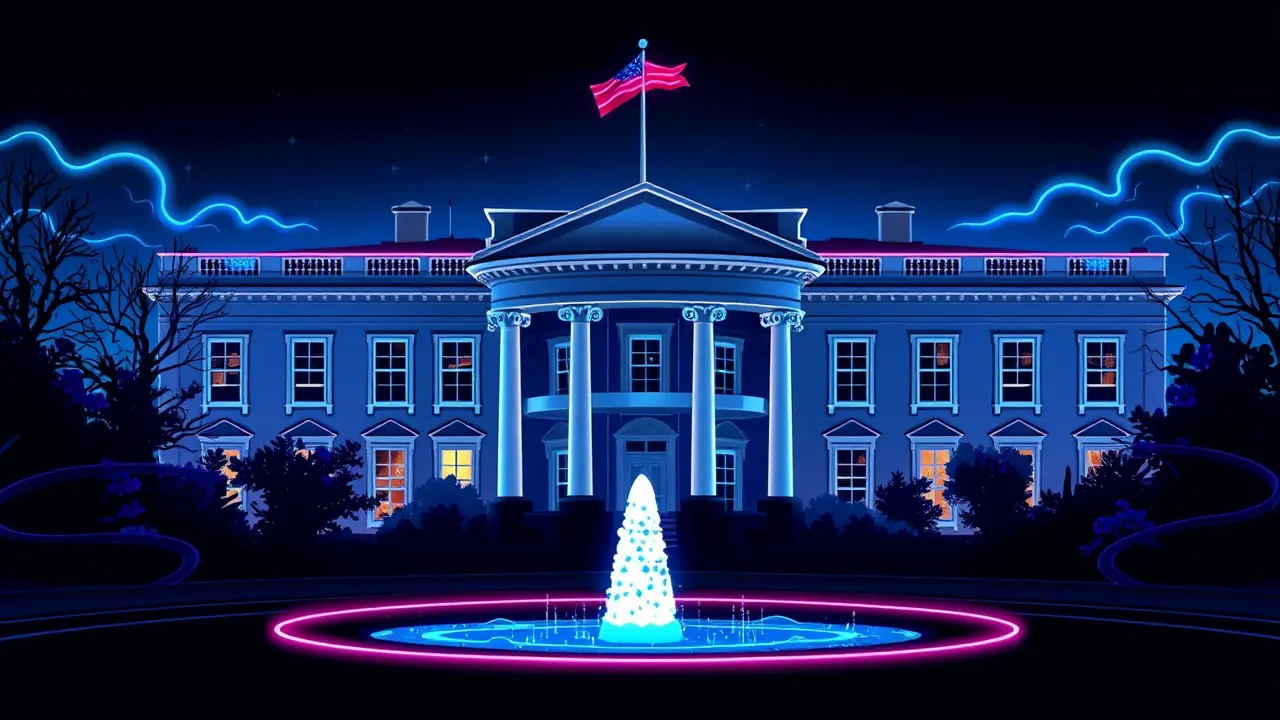
PoliticsdiplomacyBilateral Relations
Trump and Finnish Leader Forge Friendship Over Golf
RO
Robert Hayes
2 weeks ago7 min read
The recent diplomatic engagement between former President Donald Trump and Finnish President Alexander Stubb, crystallized over a round of golf, represents a significant geopolitical realignment worthy of deep historical analysis, reminiscent of the grand strategic dialogues between Churchill and Roosevelt during the Second World War. While the surface narrative is one of personal rapport forged on the fairways, the subtext reveals a profound shift in European security architecture and the very nature of transatlantic alliance management at a moment of extreme peril.Stubb, a seasoned statesman with a doctorate in international relations from the London School of Economics and a career spanning the European Parliament and the Finnish foreign ministry, is no casual interlocutor; his emergence as a key voice for Europe at a potential future Trump White House is a calculated maneuver by European capitals to establish a direct, pragmatic line of communication with an American political force they once considered anathema. This courtship, born from the stark necessities of the Ukraine war, underscores a continent grappling with the erosion of the post-Cold War order.The historical parallel is striking: just as Churchill had to navigate the complex personality of FDR to secure the matériel for Britain's survival, European leaders like Stubb are now tasked with building a functional relationship with Trump, a figure skeptical of NATO's collective defense principle, Article 5, which he has famously called into question. The golf course, in this context, becomes a modern-day equivalent of the Atlantic Charter negotiations—an informal yet critical venue for aligning strategic imperatives.For Finland, a nation that shares an 832-mile border with Russia and whose accession to NATO was a direct consequence of Putin's invasion, the stakes could not be higher. Stubb’s mission is twofold: to reassure a potentially reticent America of Finland's value as a steadfast ally with one of Europe’s most capable militaries, and to subtly school Trump on the intricate realities of European power politics, countering the former president’s often transactional view of international relations.Expert commentary from institutions like the German Council on Foreign Relations suggests this is part of a broader, quiet strategy by the Nordic-Baltic bloc to ensure continuity of support regardless of the November election outcome, a hedge against the volatility of American domestic politics. The potential consequences are monumental.A solidified Trump-Stubb channel could marginalize traditional powers like Germany and France, creating a new inner circle within the alliance led by frontline states with the most immediate skin in the game. Conversely, should this diplomatic gambit fail and a returned Trump administration pursue a more isolationist path, Europe would be forced to confront its own military inadequacies with unprecedented urgency, accelerating projects for strategic autonomy that have long languished in Brussels committee rooms. This single round of golf, therefore, is far more than a photo opportunity; it is a pivotal moment in a continuing realignment, a testament to how personal diplomacy between leaders can shape the destinies of nations, much like the fraught but necessary partnerships of the past that ultimately steered the course of the 20th century.
#lead focus news
#Trump
#Finland
#Alexander Stubb
#diplomacy
#Ukraine war
#White House
#golf
Stay Informed. Act Smarter.
Get weekly highlights, major headlines, and expert insights — then put your knowledge to work in our live prediction markets.
Related News
© 2025 Outpoll Service LTD. All rights reserved.








